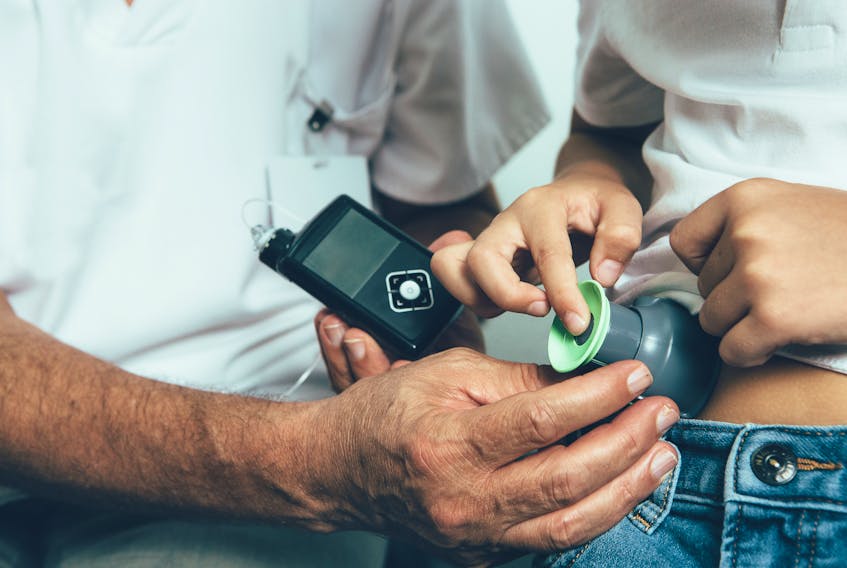Nobody should be forced to choose between paying for rent, groceries, or life-sustaining therapy. Unfortunately, this is the reality for hundreds of thousands of Canadians living with Type 1 diabetes (T1D), and it’s a reality that hits Prince Edward Island hard.
In June’s 2020 budget address, the provincial government committed to providing increased access to blood glucose test strips and to expand the eligibility for the provincial Insulin Pump Program from age 18 to 25. While this is a commendable step forward, it’s not nearly enough.
In a climate of financial strain and deep public-health anxiety, the importance of providing equitable access to insulin pumps – without precluding individuals from proper care because of arbitrary age restrictions – has never been greater. Type 1 diabetes is an incurable and unpreventable disease that takes a steep physical, mental and financial toll. People with T1D rely on injections or infusions of insulin, and insulin pumps facilitate better blood glucose management, improving overall health and helping to avoid costly complications – consider fewer emergency room visits and long-term complications such as kidney and heart disease, stroke, blindness, and amputation. Despite their proven impact, insulin pumps remain inaccessible for many, particularly those with lower incomes: according to Diabetes Canada, 57 per cent of Canadians with diabetes report not following their prescribed medical therapy due to high out-of-pocket costs. Because of significant gaps in provincial and federal programs, individuals with T1D can incur direct out-of-pocket costs upwards of $15,000 per year. The situation is severe, and dramatically impacts the physical and financial wellbeing of those with T1D.
In considering that the aforementioned complications are significant drivers of the increasing costs of diabetes care, removing the current age restriction entirely will not only benefit adults who live with T1D but benefit taxpayers and the provincial health system’s capacity at a crucial period in time. In short, the difference between an age cap of 25 versus none at all represents a comparatively tiny cost to the provincial government that will not only drastically improve many lives but sustainably reduce the overall financial strain of our healthcare system.
As it stands, there is a well-founded political will for preventative action on diabetes policy. Two motions in our legislative assembly currently call for insulin pumps to be made accessible to Islanders of all ages, clearly illustrating a motivation for improvement that has been building for years across party lines. Prince Edward Island has the opportunity to solidify its identity as a leader in diabetes care from a regional and national perspective. Ontario, Alberta, British Columbia, and the three territories provide funding for insulin pumps without age restrictions. By joining this list we can set a powerful precedent for other jurisdictions, especially our neighbouring provinces, in providing proper care. By entirely removing the age restrictions on our Insulin Pump Program, the provincial government can address a critical gap in our health infrastructure, reap fiscal rewards almost instantly, and provide a greater quality of life to Islanders withT1D.
As Islanders living with T1D, we urge our lawmakers and all citizens impacted by this disease to speak out and push for this legislative change. We owe it to our history, our citizens and ourselves to invest in major systemic change in diabetes care. If we’re going to invest in improving our policies and programs, we need to be comprehensive and inclusive.
Let’s not miss this chance.
Brooks Roche has nearly two decades of lived experience as a type 1 diabetic; he is an advocate for progressive, inclusive diabetes policy and a member of the Prime Minister’s Youth Council.
Logan Gallant has been living with diabetes as well as advocating for diabetes since he was diagnosed over 17 years ago and has been advocating for changes to the pump program since switching to an insulin pump 10 years ago.









